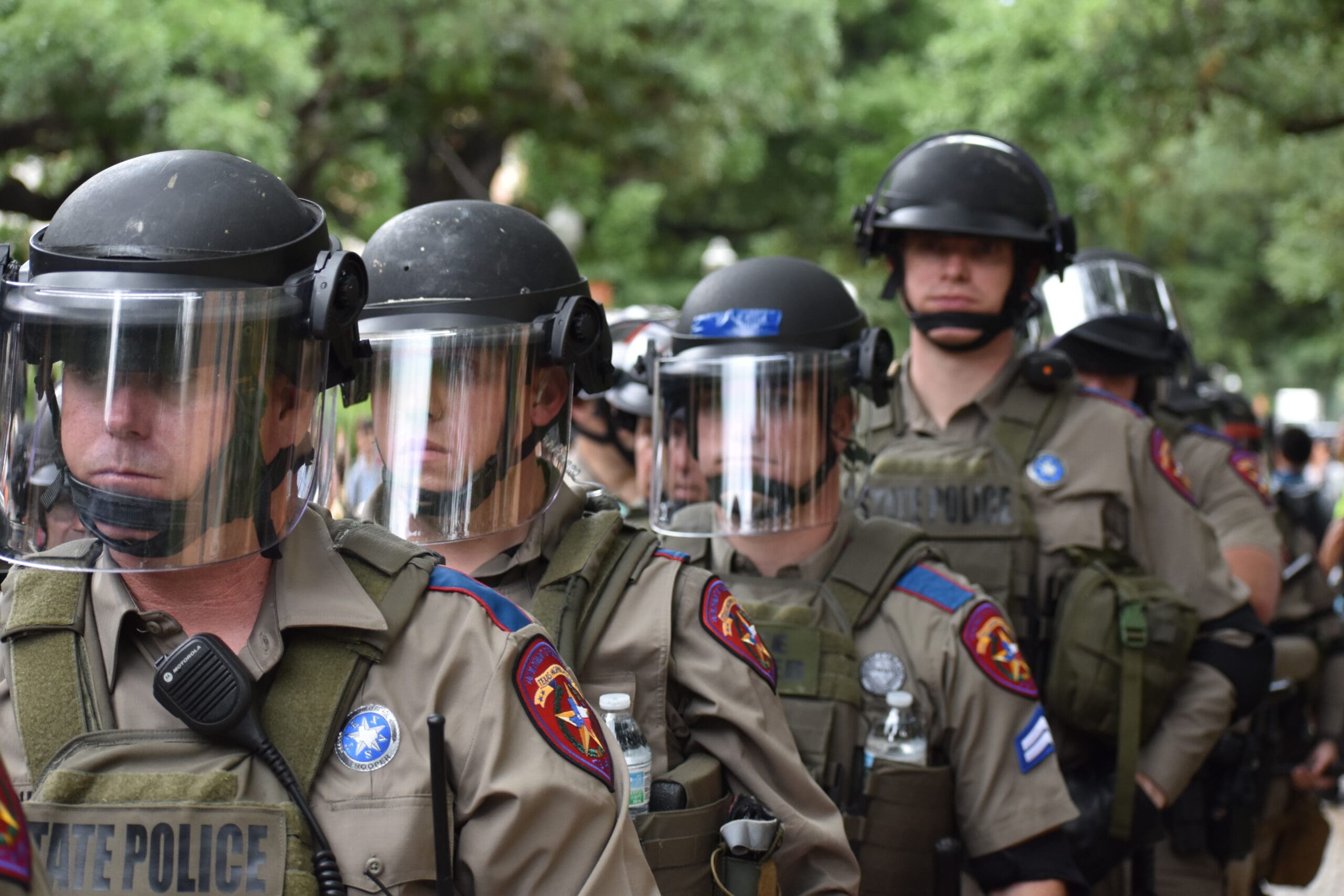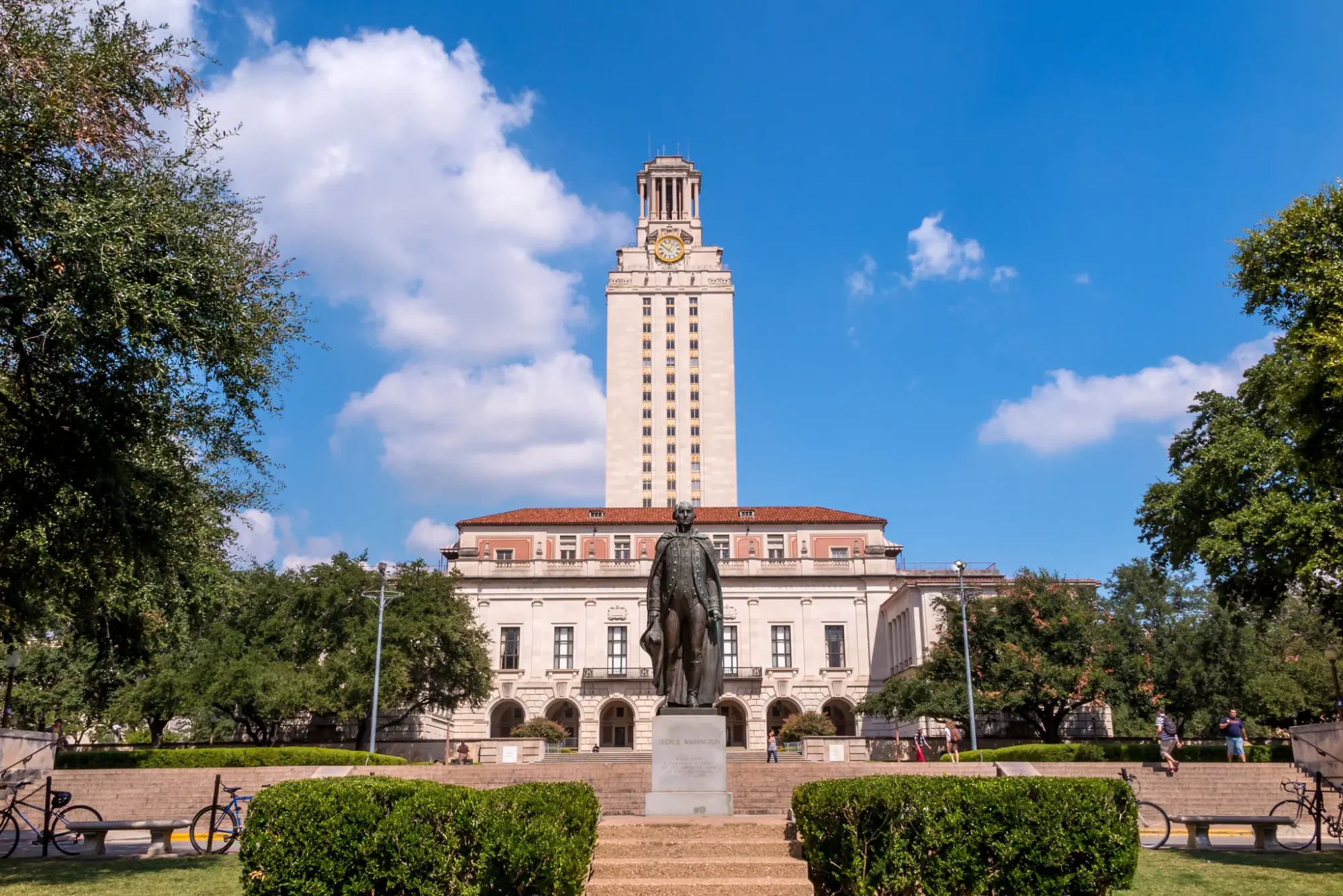In a landmark decision, the U.S. Supreme Court overturned “affirmative action,” bringing an end to race-based college admissions practices.
Justices voted 6-2 in favor of Students for Fair Admissions v. Harvard (Justice Ketanji Jackson-Brown recused herself) and 6-3 in favor of Students for Fair Admissions v. University of North Carolina.
SFA argued that race-based admissions practices violated the Equal Protection Clause of the 14th Amendment, which says the state will not “deny to any person within its jurisdiction the equal protection of the laws.”
As UNC is a state school, it is subject to the protections that lay within the 14th Amendment, and although Harvard is a private university, it is subject to federal law because it accepts federal funding.
Chief Justice John Roberts’ majority opinion held that “the Harvard and UNC admissions programs cannot be reconciled with the guarantees of the Equal Protection Clause.”
Both programs lack sufficiently focused and measurable objectives warranting the use of race, unavoidably employ race in a negative manner, involve racial stereotyping, and lack meaningful end points. We have never permitted admissions programs to work in that way, and we will not do so today.
Roberts highlighted that Harvard uses only four factors to determine final selection (legacy status, recruited athlete status, financial aid eligibility, and race), thereby making race a “‘determinative tip for’ a significant percentage ‘of all admitted African American and Hispanic applicants.’”
Furthermore, Roberts raised the issue that at UNC, “underrepresented minority students were ‘more likely to score [highly] on their personal ratings than their white and Asian American peers,’ but were more likely to be ‘rated lower by UNC readers on their academic program, academic performance, … extracurricular activities,’ and essays.”
“College admissions are zero-sum,” wrote Roberts, “and a benefit provided to some applicants but not to others necessarily advantages the former group at the expense of the latter.”
Roberts wrote that moving forward, students must be judged on individual merit rather than race:
A benefit to a student who overcame racial discrimination, for example, must be tied to that student’s courage and determination. Or a benefit to a student whose heritage or culture motivated him or her to assume a leadership role or attain a particular goal must be tied to that student’s unique ability to contribute to the university. In other words, the student must be treated based on his or her experiences as an individual—not on the basis of race.
Roberts also criticized the dissenting opinion from Justice Sonia Sotomayor, joined by Jackson-Brown and Justice Elena Kagan, stating, “The principal dissent wrenches our case law from its context, going to lengths to ignore the parts of that law it does not like.”
“Most troubling of all is what the dissent must make these omissions to defend: a judiciary that picks winners and losers based on the color of their skin,” continued Roberts. “While the dissent would certainly not permit university programs that discriminated against black and Latino applicants, it is perfectly willing to let the programs here continue.”
Roberts called the dissent “remarkably wrong,” and says it is “[l]ost in the false pretense of judicial humility that the dissent espouses [is] a claim to power so radical, so destructive, that it required a Second Founding to undo.”
The SCOTUS ruling will require the ending of race-based admissions practices at the University of Texas and affect both Rice University as well as Southern Methodist University.
Texas Attorney General Ken Paxton, who filed an amicus brief against race-based admission policies, celebrated the ruling, saying, “I’m pleased they have ruled that higher ed admission policies based on race are discriminatory and unlawful.”




